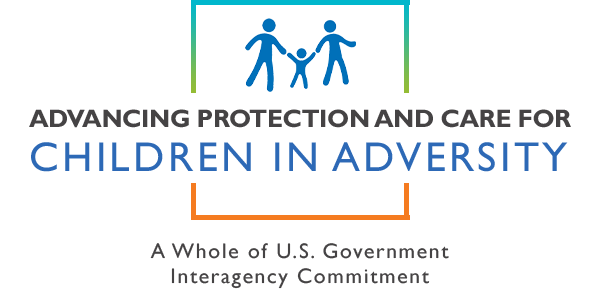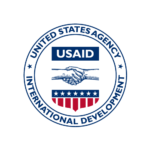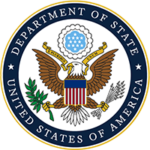Who We Are
About Us
The United States Government envisions a world in which all children thrive within protective, loving families, free from deprivation, violence and danger. Advancing Protection and Care for Children in Adversity: A U.S. Government Strategy for International Assistance outlines the U.S. Government’s whole-of-government commitment and approach to investing in the development, care, dignity, and safety of the world’s most-vulnerable children and their families for the next five years.
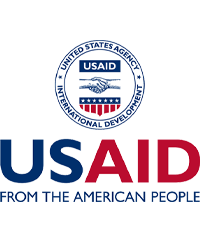 |
U.S. Agency for International Development (USAID)As the lead development actor for the U.S. Government (USG), USAID provides assistance to help save lives, build communities, and establish self-sufficiency in our partner countries. USAID prioritizes addressing the needs of vulnerable children in our programming across sectors and our Bureaus, Missions, and Independent Offices.
USAID’s Children, Youth, and Families Office within the Inclusive Development Hub (ID) in the Bureau for Development, Democracy, and Innovation (DDI) coordinates the implementation of the APCCA Strategy and houses the U.S. Government Special Advisor on Children in Adversity.
|
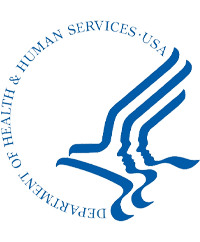 |
U.S. Department of Health and Human ServicesThe U.S. Department of Health and Human Services contributes to the USG’s foreign assistance on children in adversity through numerous research grants and evidence-based interventions provided by the Centers for Disease Control and Prevention (CDC) and the National Institutes of Health (NIH).
|
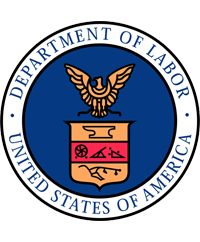 |
U.S. Department of LaborThrough the Bureau of International Labor Affairs (DOL/ILAB), Office of Child Labor, Forced Labor, and Human Trafficking, the U.S. Department of Labor (DOL) contributes to the USG’s foreign assistance on children in adversity by addressing child labor and expanding global knowledge on child-labor issues.
|
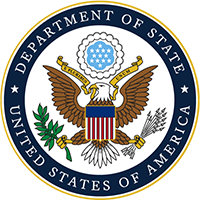 |
U.S. Department of StateThe U.S. Department of State has been a pivotal interagency partner in the USG’s foreign assistance to advance protection and care of the world’s most vulnerable children. Through numerous Bureaus and Offices, including through implementation of the President’s Emergency Plan for AIDS Relief (PEPFAR), the State Department has contributed to the well-being of children in adversity in alignment with all three of the Objectives of the APCCA Strategy.
|
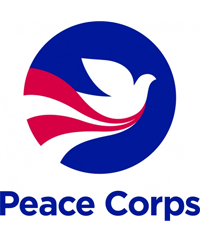 |
Peace CorpsPeace Corps collaborates with USG interagency partners to provide a wide array of community-based services to the most vulnerable families and children. Those services include antenatal care, newborn and child health care, the prevention and treatment of HIV, and social services for children and their families that ensure a nurturing care approach.
|
U.S. Agency for International Development (USAID)
As the lead development actor for the U.S. Government (USG), USAID provides assistance to help save lives, build communities, and establish self-sufficiency in our partner countries. USAID prioritizes addressing the needs of vulnerable children in our programming across sectors and our Bureaus, Missions, and Independent Offices.
USAID’s Children, Youth, and Families Office within the Inclusive Development Hub (ID) in the Bureau for Development, Democracy, and Innovation (DDI) coordinates the implementation of the APCCA Strategy and houses the U.S. Government Special Advisor on Children in Adversity.
|
|
U.S. Department of Health and Human Services
The U.S. Department of Health and Human Services contributes to the USG’s foreign assistance on children in adversity through numerous research grants and evidence-based interventions provided by the Centers for Disease Control and Prevention (CDC) and the National Institutes of Health (NIH).
|
|
U.S. Department of Labor
Through the Bureau of International Labor Affairs (DOL/ILAB), Office of Child Labor, Forced Labor, and Human Trafficking, the U.S. Department of Labor (DOL) contributes to the USG’s foreign assistance on children in adversity by addressing child labor and expanding global knowledge on child-labor issues.
|
|
U.S. Department of State
The U.S. Department of State has been a pivotal interagency partner in the USG’s foreign assistance to advance protection and care of the world’s most vulnerable children. Through numerous Bureaus and Offices, including through implementation of the President’s Emergency Plan for AIDS Relief (PEPFAR), the State Department has contributed to the well-being of children in adversity in alignment with all three of the Objectives of the APCCA Strategy.
|
|
Peace Corps
Peace Corps collaborates with USG interagency partners to provide a wide array of community-based services to the most vulnerable families and children. Those services include antenatal care, newborn and child health care, the prevention and treatment of HIV, and social services for children and their families that ensure a nurturing care approach.
|
These additional governmental agencies may provide services relevant to the APCCA Strategy:
- The Department of the Treasury
- The Department of Education
- The Department of Agriculture
- The Department of Defense
- The Millennium Challenge Corporation
- and any other department or agency specified by the President for the purposes of this effort.
